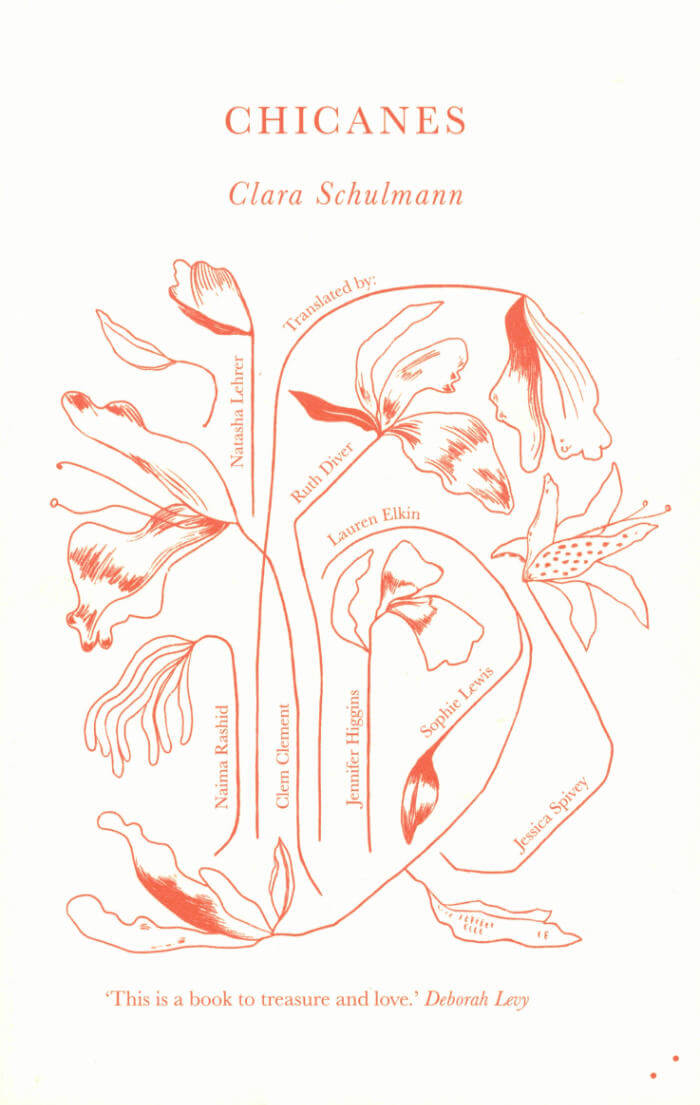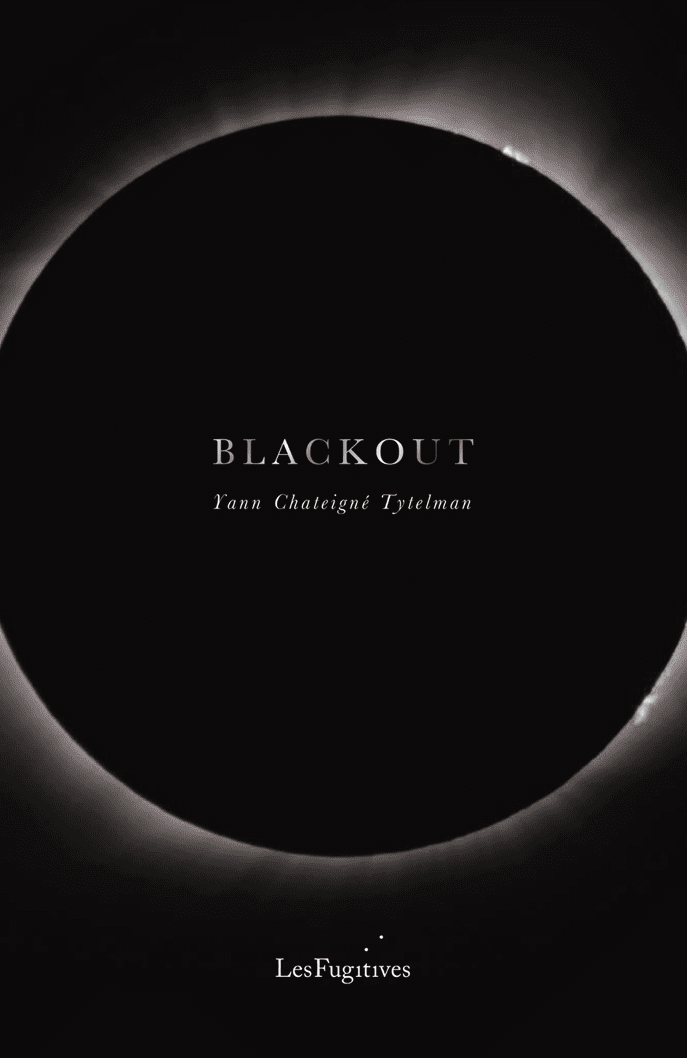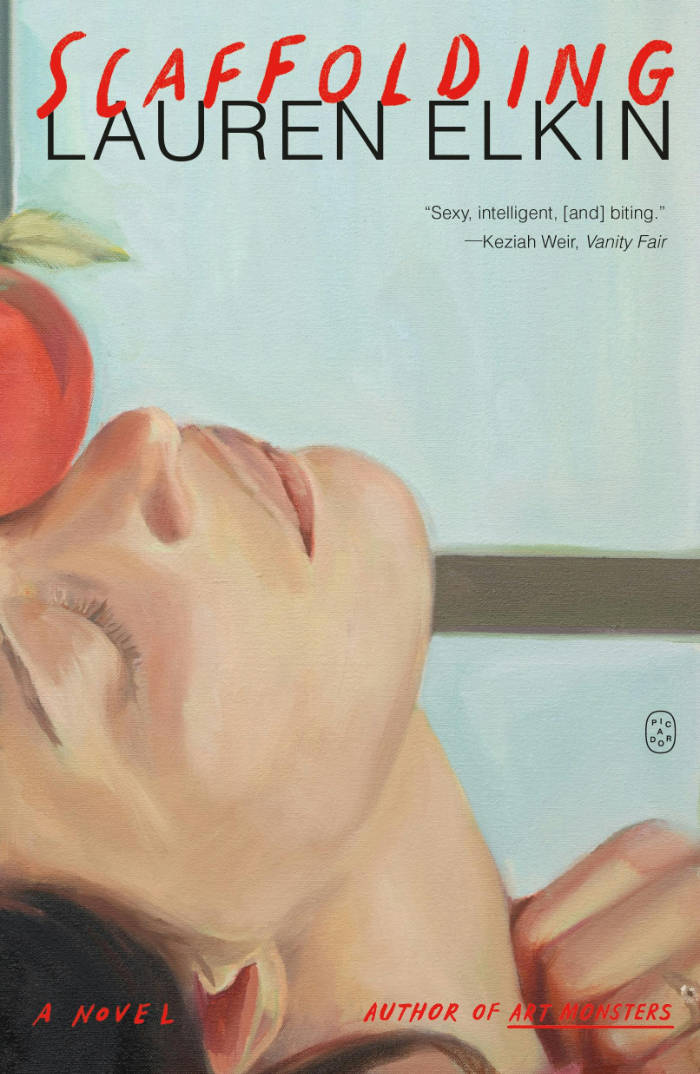
Chicanes
Translated from the French by Naima Rashid, Natasha Lehrer, Lauren Elkin, Ruth Diver, Jessica Spivey, Jennifer Higgins, Clem Clement and Sophie Lewis.
As she tries to collect them for an essay she is planning to write, other women’s words begin interfering in Clara Schulmann’s life — heard on the radio, in podcasts, songs, and films; words of novelists, feminist intellectuals, friends or strangers overheard in the street. They invade her psyche, reshaping the essay that she once had in mind into a picaresque adventure which investigates the fault lines around women’s voices: and in particular those moments of overflow and excess where wayward words take seed.
Chicanes heralds a new French feminism through a meticulously orchestrated chorus of the wildest female voices, from figures in the history of feminist writing to the stranger on the street, blurring the boundaries between body and art; personal and political. A poly-translation, by eight female translators, from established to emerging, Chicanes brings the individual voice of each translator into subtle relief.







